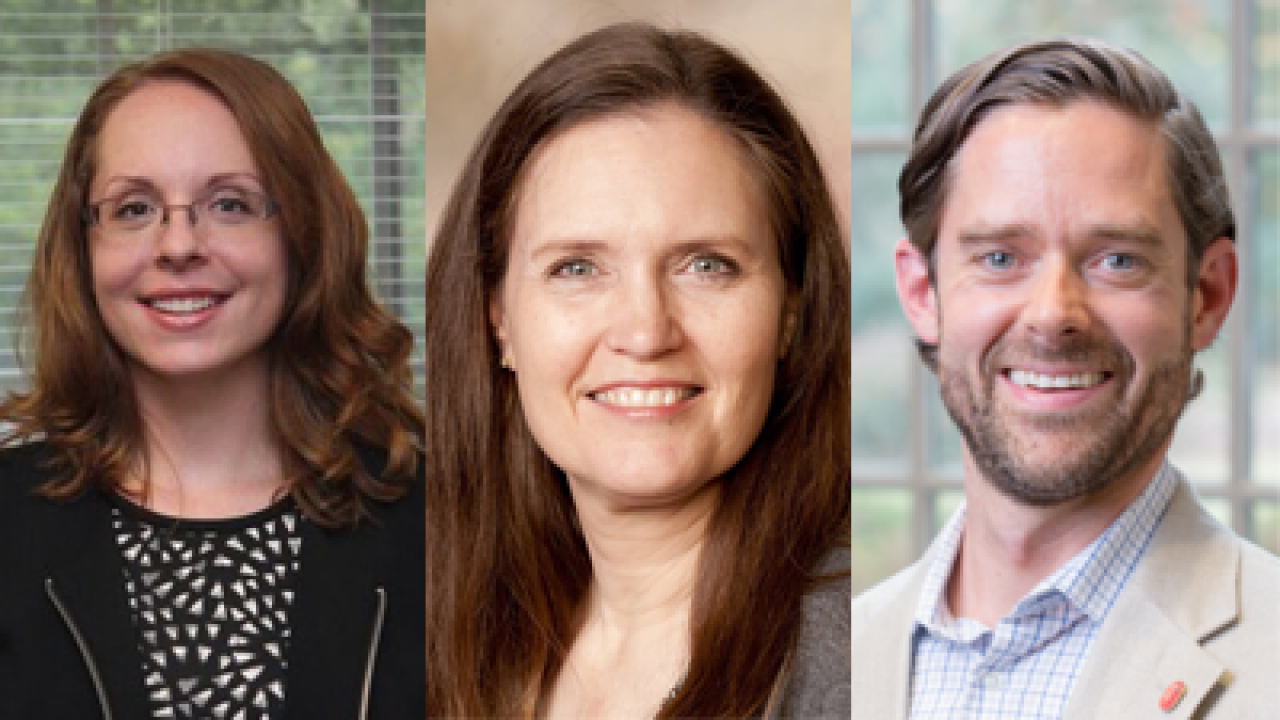July 13, 2020
Research in Progress: Stakeholders’ conceptualization of organizational listening

By Diana Sisson, Auburn University; Debra Worthington, Auburn University; Graham Bodie, The University of Mississippi
When individuals fail to listen, misunderstanding occurs, frustration ensues, and relationships can end, but when organizations fail to listen, the consequences are often more sweeping. Organizational listening failures have contributed to catastrophes such as the Challenger explosion as well as more minor events that ultimately result in a hit to an organization’s bottom line.
Organizations, like people, make choices about whether or not to listen, and they are driven by habits and biases that often cloud the information available when making decisions
Previous research does, however, suggest that organizational listening is qualitatively different than its interpersonal counterpart. Whereas listening in an interpersonal context is characterized by immediacy, organizational listening is chiefly asynchronous, mediated through practices such as emails, social media posts, survey responses, and formal reports.
Indeed, organizational listening is marked more by policies and procedures, by culture, than by cognitive processing and behavioral indicators. Perhaps most notable, organizational listening is often formalized by functions an organization serves such as customer relationship management, social media monitoring or research.
Despite these differences, it is not unusual for organizational stakeholders to describe organizational listening in terms commonly used to describe competent interpersonal listening. Organizations are, for instance, described as attentive, responsive, and understanding, to name a few.
The unanswered question is whether organizational stakeholders evaluate organizational listening practices with the same expectations they have for interpersonal interactions (e.g., attentiveness, responsiveness). This question is particularly relevant to external stakeholders as most organizational listening research focuses on the organization in organizational listening. Few studies have directly considered organizational listening practices as evaluated by external stakeholders.
Given this gap in current research, our team plans to develop an online survey to explore stakeholders’ perceptions of what constitutes organizational listening, as well as how external stakeholders draw on their interpersonal listening experiences and apply them to organizations.
This study begins the process of conceptually clarifying what organizational listening is for in its use in organizational communication and public relations scholarship and practice. Findings from this study may have positive implications for relationship maintenance online and through traditional communication channels, as well as organization-public relationships at large.
For more information on this study, email Sisson at dcs0016@auburn.edu, Worthington at worthdl@auburn.edu or Bodie at gbodie@olemiss.edu. Results from the project will be available next year. This study is a part of the Center's 2020 Page/Johnson Legacy Scholar Grants call for research proposals focusing on organizational listening. Sisson is also a research fellow at the Page Center.
